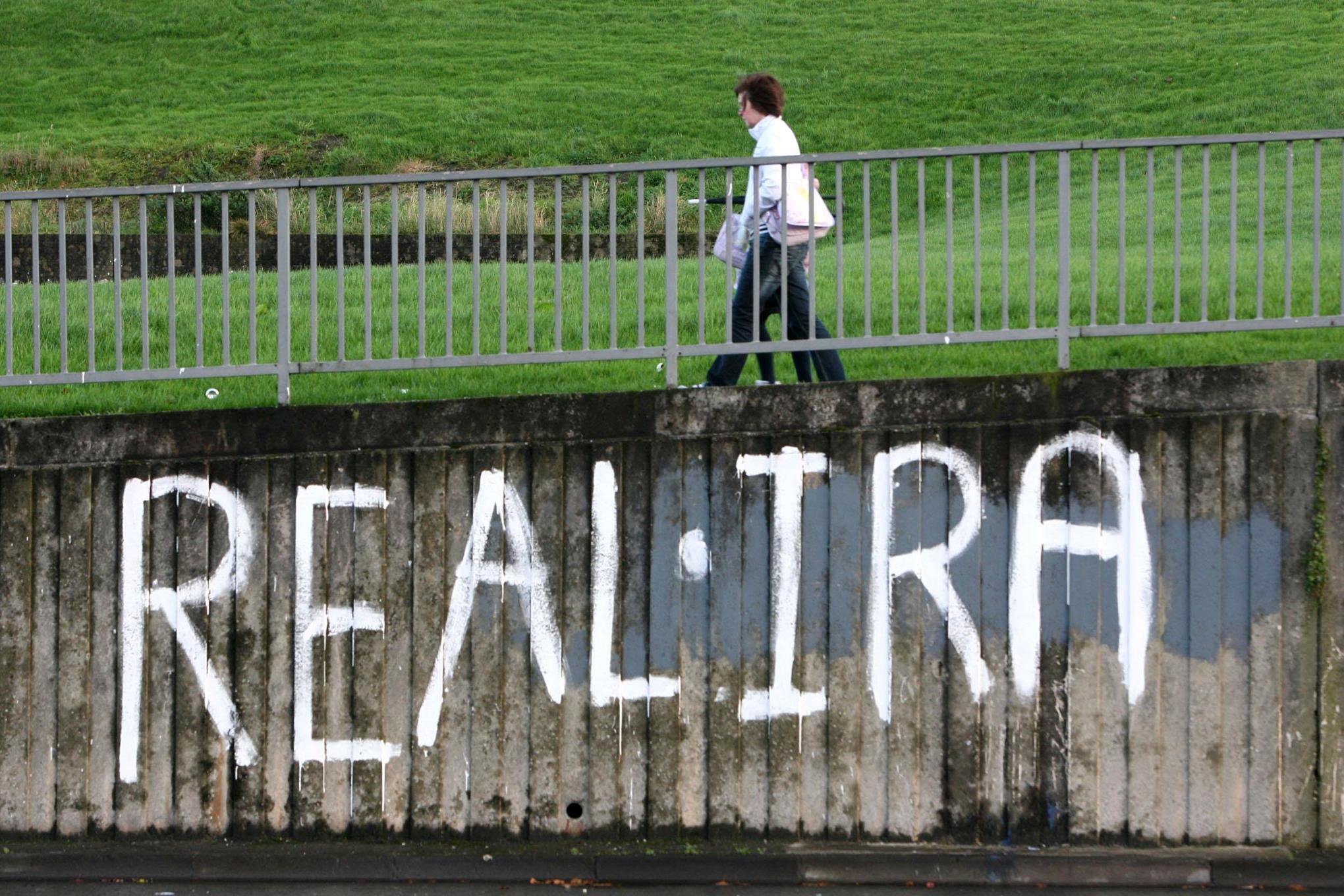Ireland worried US labelling Real IRA as terrorists would help recruitment
Irish and British authorities acknowledged that adding the Real IRA to the US list would also have benefits.

Irish officials were worried that a US decision to designate the Real IRA (RIRA) as a foreign terrorist organisation might help recruitment for the paramilitary group.
Just years after the signing of the 1998 Good Friday Agreement, the US was planning to add the RIRA to the list of foreign terrorist organisations.
In a briefing note for then-Irish premier Bertie Ahern in early 2001, officials warned that “designation might unintentionally give a boost to dissident republicans by enhancing their status in the eyes of republican supporters in the US and that this might encourage recruitment”.
The note came ahead of Mr Ahern’s visit to then-US president George W Bush in Washington, DC in March as part of the annual St Patrick’s Day celebrations.
The file also notes that the “main legal effects of designation relate to prohibitions on fundraising, freezing of existing funds and the refusal of visas to, or exclusion from the US of representatives of, a designated organisation”.
Papers released to the National Archives in Dublin show that despite the reservations, there was acknowledgement between Irish and British authorities that adding the RIRA to the list would also have benefits.
In October 2000, then-justice minister John O’Donoghue and then-secretary of state for Northern Ireland Peter Mandelson agreed that the issue would be further discussed by An Garda Siochana and the Royal Ulster Constabulary.
The report of the Garda Commissioner and the RUC’s Chief Constable concluded that, on balance, “it would make operational sense to have the organisation designated” a foreign terrorist organisation (FTO) as this would “make additional legal powers available to law enforcement officials in dealing with (the RIRA)”.
On the basis of this report, the Irish and British governments decided on November 24 2000 to jointly request that US authorities start the process of designation.
At the time of Mr Ahern’s visit the following March, the US State Department was seeking legal advice on the matter.
Ultimately, the US added the RIRA to its official FTO list in May 2001.
Later that year, following the September 11 terrorist attacks, US officials wrote to governments in various countries including Ireland asking them to freeze the assets of groups on the FTO list.
John B Taylor, then-US secretary for international affairs, sent a fax to John Hurley, then-secretary general at the Department of Finance, on November 1 2001 asking for the RIRA’s assets to be blocked in Ireland.
“Please notify me as soon as possible whether or not you will be able to join the United States in a simultaneous blocking,” Mr Taylor wrote.
“If not, please notify me when you do take blocking action against these terrorists.
“Thank you for your continuing co-operation in the global effort to combat the financing of terrorism.”
The Oireachtas later passed the Criminal Justice (Terrorist Offences) Bill 2002 to strengthen Ireland’s capacity to respond to terrorism including freezing assets.
– This article is based on documents in 2022/49/125 and 2022/49/40.